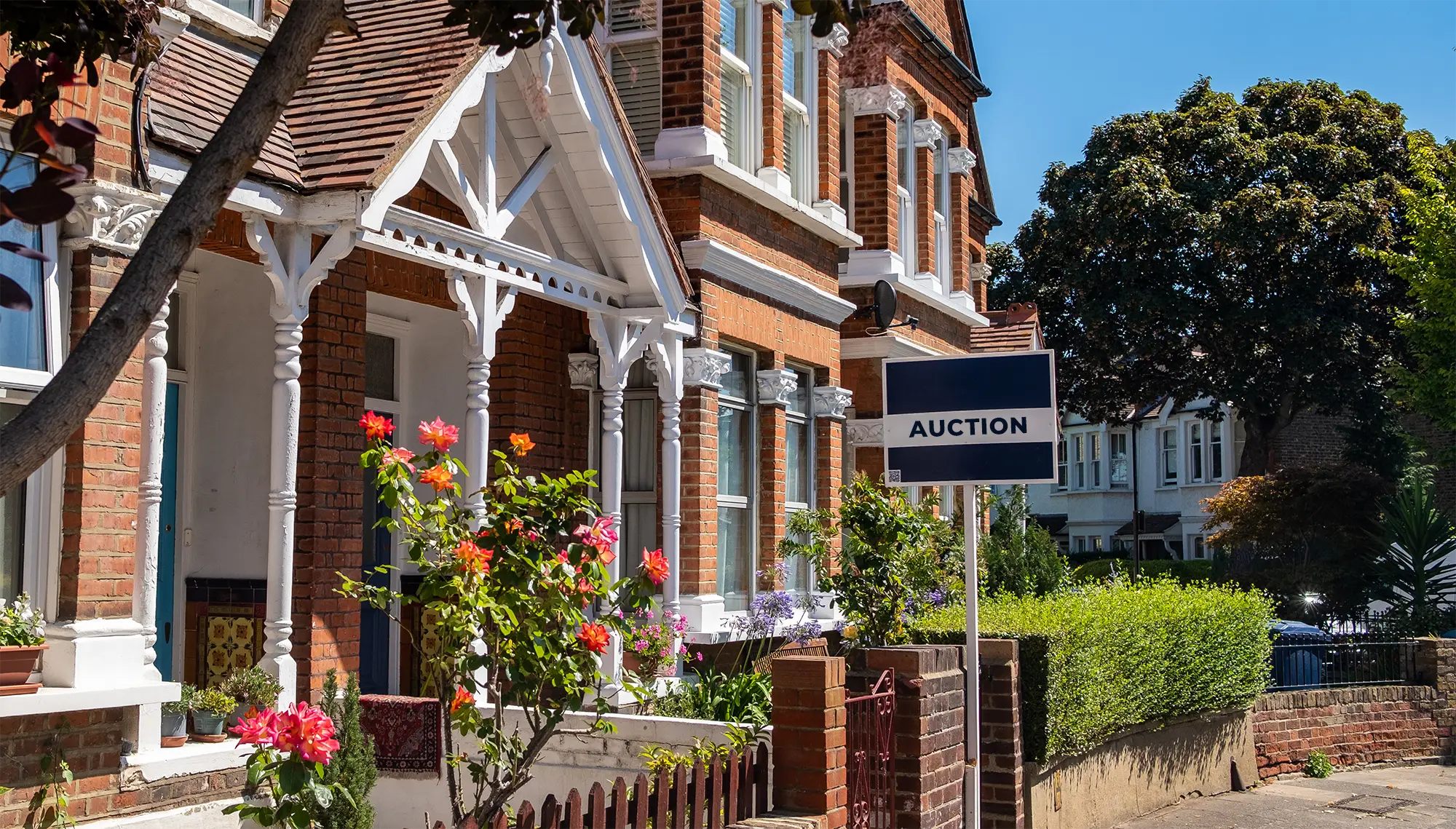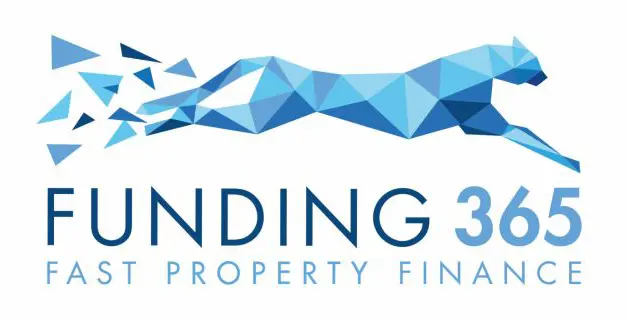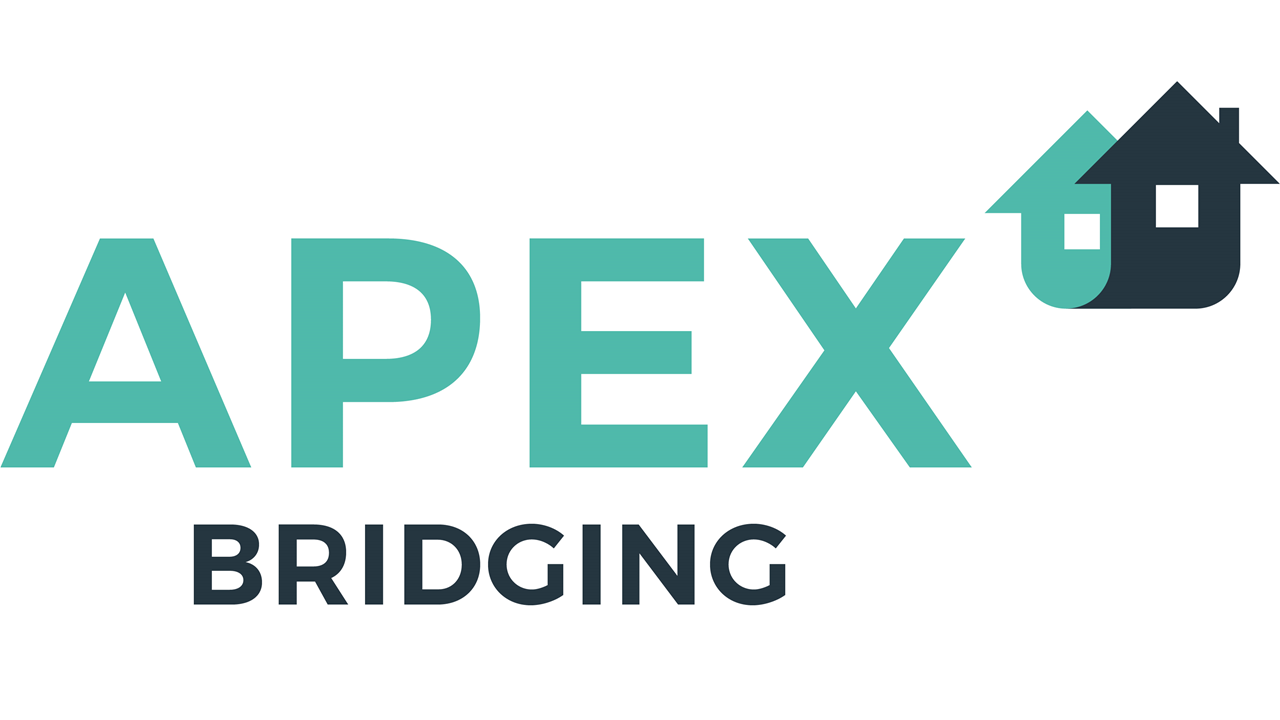
Auction Property Finance & Short-Term Funding Solutions
When buying a property at auction, time is not your friend. You need speed, certainty, and the right funding structure. At Trinity Finance, we specialise in auction property finance and bridging solutions tailored to the needs of investors, developers, landlords, and first-time auction buyers alike.
-
Loan amounts: from £50,000 up to £20-30 million+ (depending on collateral and deal).
-
Terms: typically 3 to 36 months, with interest rolled up or serviced depending on structure.
-
Response times: decision in principle within 24–48 hours, funds available within 5–10 working days (in many cases).
-
Whole-of-market access: we partner with specialist lenders not always available via high street brokers or lenders.
Why Choose Trinity for Auction Finance?

Deep market relationships
We maintain exclusive or priority access to specialist bridging and short-term lenders across the UK, giving you access to tailored terms and competitive pricing.

Speed & certainty
We know auctions are fast. With a decision in principle in hand, you can bid with confidence. We move quickly on valuations, legal packs, and lender negotiations.

Transparent deals, no surprises
You will always see all costs up front — interest, arrangement fees, valuations, exit costs. We don’t believe in hidden surprises.

Flexible exit strategies
We design deals so you can roll into a mortgage, refinance, sell, or develop. Our structuring ensures your exit is feasible and planned from day one.

Expert guidance through the auction process
We design deals so you can roll into a mortgage, refinance, sell, or develop. Our structuring ensures your exit is feasible and planned from day one.
What Is Auction Finance?
Auction finance, often facilitated by bridging loans or short-term property finance, is a solution for buyers who need fast capital to complete an auction purchase. Because auction purchases are legally binding once the hammer falls, traditional mortgages may not be fast enough — and many properties may not meet mortgage criteria pre-refurbishment.
Key points:
-
You pay a 10% non-refundable deposit immediately on winning the bid, then complete within 28 days (or the auction timeframe).
-
Auction finance allows you to act almost like a cash buyer, giving you agility at auction day.
-
Once the property is secured, you can refinance into a mortgage, sell, or carry out development.
-
The interest is typically higher than mortgages (given the higher risk and speed), and many lenders roll up interest (add it to the capital) rather than require monthly servicing.
-
Terms are designed to be short-term (commonly 12–36 months), with clear exit routes.
How Trinity’s Auction Finance Process Works
| Stage | What Happens | You Benefit |
|---|---|---|
| 1. Initial assessment & quotation | You tell us your target property, price, timescale, and security. We run a quick check and give you indicative terms. | You know whether your deal is viable before committing. |
| 2. Decision in Principle | We submit to one or more specialist lenders. Within 1–2 business days you get decision in principle. | You can show proof of funds to auction houses and sellers. |
| 3. Formal application & valuation | Once your bid is accepted, we move to legal & valuation processes, coordinate with solicitors and lenders. | Seamless coordination reduces drop-through risk. |
| 4. Funds released / completion | We draw the funds and transfer to your solicitor, who completes on your behalf. | Completion meets the auction deadline. |
| 5. Exit / refinance / sell / develop | As your hold period approaches, we help you transition into mortgage finance, refinance, or other exit paths. | You’re not stuck — your exit is planned. |
Things to Consider & Best Practices
-
Deposit readiness: Be ready with the 10% deposit or equivalent funds before bidding begins.
-
Legal pack diligence: Always review the legal pack (title, covenants, surveys) before auction day; don’t rely purely on finance.
-
Auction terms: Some auctions require redemption periods, special completion windows, or vendor conditions — know them.
-
Refurbish vs mortgageability: Many auction properties need refurbishment before they qualify for standard mortgages — bridging lets you bridge that gap.
-
Exit clarity: Have a clear plan — refinance, sell, mortgage, or value uplift. Lenders will want confidence in your exit.
-
Costs and fees: Factor in valuation, solicitor, arrangement, exit fees, interest roll-ups, and any extension costs if the exit takes longer.
Sample Case Studies (for SEO & credibility)
£500,000 Residential Auction Flip — London
We financed a buyer’s successful winning bid on a run-down terraced house. Funds released in 6 days. The client refurbished and sold within 11 months, paid off the bridge and earned a healthy profit margin.
£1.8m Commercial Auction — Midlands
We provided short-term funding for a mixed-use building, enabling the buyer to win the lot, refurbish the commercial units, and refinance into long-term commercial mortgage.
£250,000 Buy-to-Let Auction in North-West
A first-time auction buyer used our finance to secure the property under tight timing, then converted the bridging debt into a standard buy-to-let mortgage after refurbishment.
FAQs on Auction Finance
Often not — mortgages take longer to process and many auction properties are in non-standard condition or with title issues. Bridging/auction finance gives you speed and flexibility.
With a clean deal, decision in principle can come in 24–48 hours, and funds in 5–10 working days. Complex deals may take longer.
Not always — some lenders allow you to service interest monthly, but roll-up structures are common because they simplify cash flow during refurbishment or tenancy gaps.
You may be able to extend the term (if your lender allows) or stagger your exit. Always plan for buffer time and worst-case scenarios.
Where the property is or will be your primary residence, regulated finance rules may apply. Commercial or investment auction funding is typically unregulated. Always get FCA-authorised advice.
Yes. Auction finance isn’t limited to residential properties — it can also be used to purchase land, mixed-use, or commercial buildings sold at auction. We regularly help clients secure finance for office buildings, retail units, development plots, and semi-commercial sites. The funding structure and lender criteria will depend on the asset type and your exit plan.
Not necessarily. While experienced investors may access better rates or higher loan-to-value (LTV) options, first-time auction buyers can still qualify for auction finance. Lenders will assess your personal financial profile, property value, and exit strategy. At Trinity Finance, we guide new buyers through the entire process so they can bid confidently and complete on time.
Typically, lenders require a 25%–30% deposit, depending on the property and your circumstances. Some deals can go higher or lower, depending on loan size, credit strength, and asset quality. Remember, the auction itself requires a 10% deposit on the day of the sale — so make sure you have that liquidity available before bidding.
Speak to an expert Auction Finance adviser from Trinity Finance
Our specialist Auction Finance brokers are here to guide you through the entire mortgage and finance process, helping you secure the best finance tailored to your needs.

Louis Chalk
Auction Finance Specialist

Louis Chalk
Auction Finance Specialist

Emma Taylor
Auction Finance Specialist

Omer Mehmet
Managing Director
Auction Finance Lenders
Partner with specialist lenders who understand Auction finance
















Auction Finance Topics


